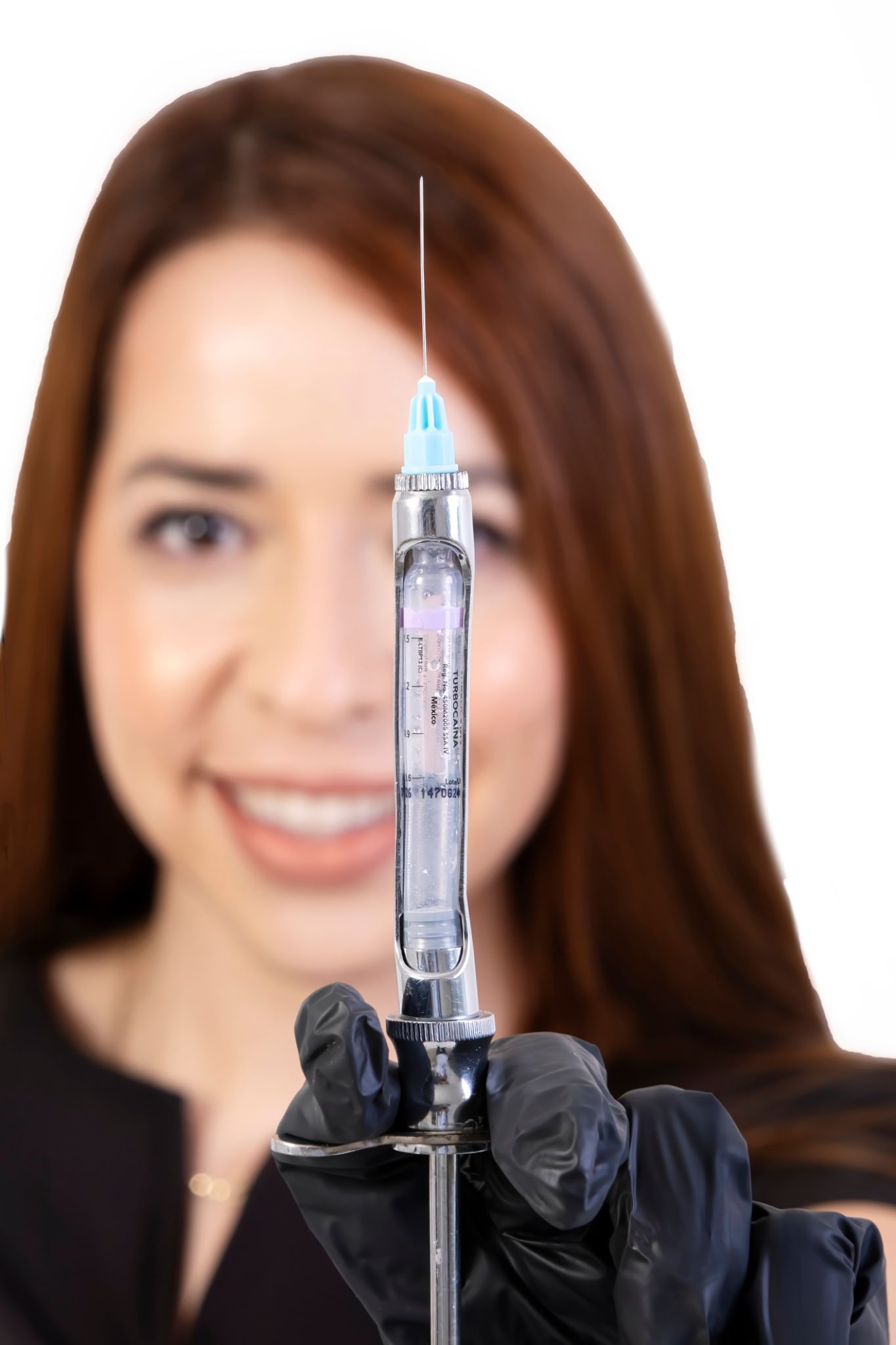The Future of Injectables Pharmaceuticals: Trends and Innovations
Introduction to Injectable Pharmaceuticals
In recent years, the field of injectable pharmaceuticals has experienced remarkable growth and innovation. As technology and medicine advance, injectables are becoming more sophisticated, offering patients and healthcare providers new ways to manage various health conditions effectively. This blog post will explore current trends and future innovations in the world of injectables, shedding light on how they are transforming the pharmaceutical landscape.

Trends in Injectable Pharmaceuticals
One of the most significant trends in injectable pharmaceuticals is the shift towards personalized medicine. With advancements in genetic testing and biomarker identification, injectables can now be tailored to individual patient needs, improving efficacy and reducing side effects. This personalized approach is setting a new standard in patient care.
Another trend is the increasing preference for biologics over traditional chemical drugs. Biologics are derived from living organisms and have shown remarkable effectiveness in treating complex diseases such as cancer and autoimmune disorders. The demand for biologics is driving research and development in the injectable space, leading to more targeted and efficient treatments.

Innovations in Delivery Systems
Innovations in delivery systems are also shaping the future of injectables. Needle-free injectors, for instance, are gaining popularity due to their ability to reduce pain and phobias associated with needles. These devices use high-pressure air or gas to deliver medication through the skin, offering a more comfortable alternative for patients.
Smart injectables are another groundbreaking innovation. Equipped with sensors and wireless connectivity, these devices can monitor patient adherence, dosage accuracy, and even provide real-time data to healthcare providers. This technology enables better management of chronic conditions and enhances overall treatment outcomes.

The Role of Artificial Intelligence
Artificial Intelligence (AI) is playing an increasingly important role in the development of injectable pharmaceuticals. AI algorithms can analyze vast amounts of data to identify potential drug candidates, optimize formulations, and predict patient responses. This not only accelerates the drug development process but also enhances the precision of treatments.
Moreover, AI is being utilized in manufacturing processes to ensure quality control and streamline production. By minimizing human error and optimizing resources, AI is making injectable pharmaceuticals more accessible and affordable to patients worldwide.
Regulatory Challenges and Considerations
As with any medical innovation, regulatory challenges remain a key consideration in the future of injectable pharmaceuticals. Ensuring that these new technologies meet stringent safety and efficacy standards is crucial for gaining approval from regulatory bodies such as the FDA and EMA. Ongoing collaboration between industry stakeholders and regulatory agencies is essential to navigate these challenges successfully.

Additionally, ethical considerations must be addressed, particularly concerning patient privacy and data security in the use of smart injectables. As these technologies gather personal health data, robust measures must be in place to protect patient information.
Conclusion
The future of injectable pharmaceuticals is promising, with trends and innovations paving the way for more effective and personalized treatments. From advancements in delivery systems to the integration of AI, these developments are set to revolutionize patient care. As we look forward, collaboration between researchers, healthcare providers, and regulatory bodies will be essential in overcoming challenges and realizing the full potential of injectables in the pharmaceutical industry.